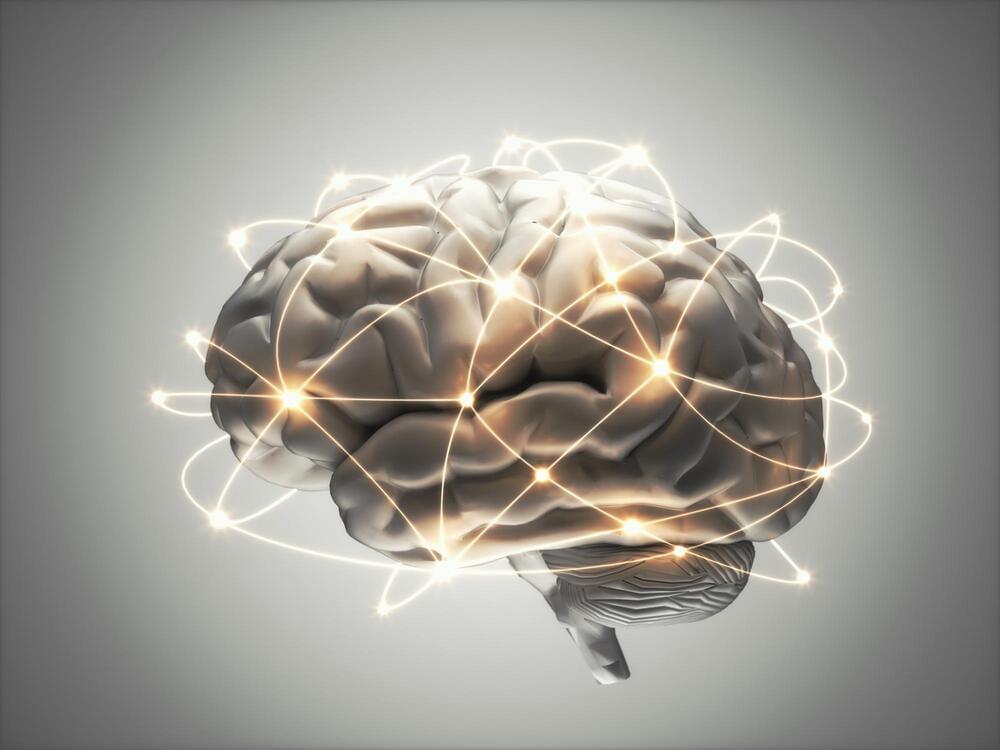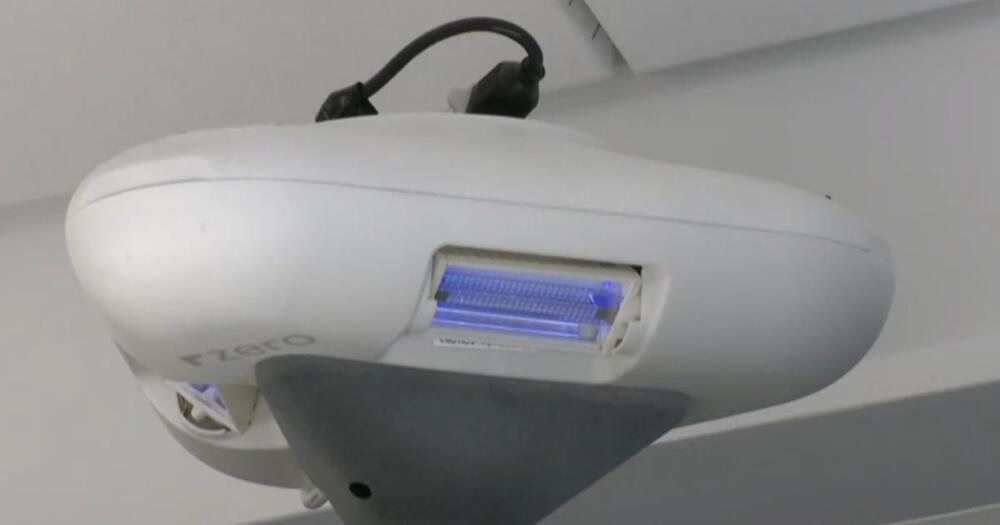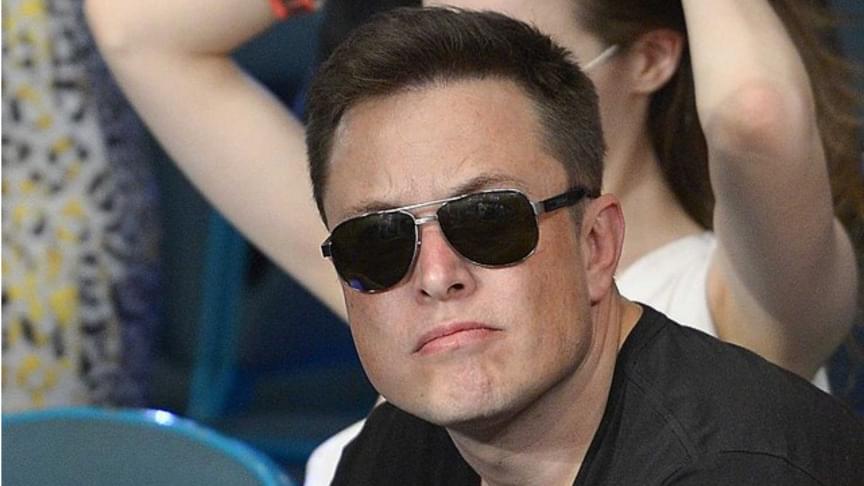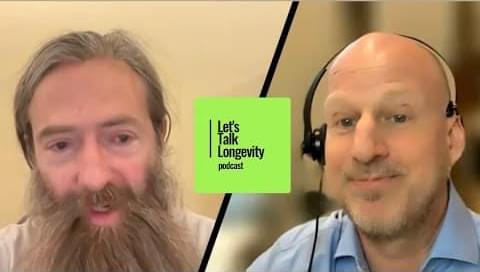May 11, 2022
Surprising Discovery: How a Gene Mutation Causes Higher Intelligence in Humans
Posted by Saúl Morales Rodriguéz in categories: biotech/medical, genetics, neuroscience
When genes mutate, it can result in severe diseases of the human nervous system. Neuroscientists at Leipzig University and the University of Würzburg have now used fruit flies to demonstrate how, apart from the negative effect, the mutation of a neuronal gene can have a positive effect – namely higher IQ in humans. They have published their findings in the prestigious journal Brain.
Synapses are the contact points in the brain via which nerve cells ‘talk’ to one another. Disruptions in this communication lead to nervous system diseases, since altered synaptic proteins, for example, can impair this complex molecular mechanism. This can cause mild symptoms, but also very severe disabilities in those affected.
The interest of the two neurobiologists Professor Tobias Langenhan and Professor Manfred Heckmann, from Leipzig and Würzburg respectively, was aroused when they read in a scientific publication about a mutation that damages a synaptic protein. At first, the affected patients attracted scientists’ attention because the mutation caused them to go blind. However, doctors then noticed that the patients were also of above-average intelligence. “It’s very rare for a mutation to lead to improvement rather than loss of function,” says Langenhan, professor and holder of a chair at the Rudolf Schönheimer Institute of Biochemistry at the Faculty of Medicine.

















